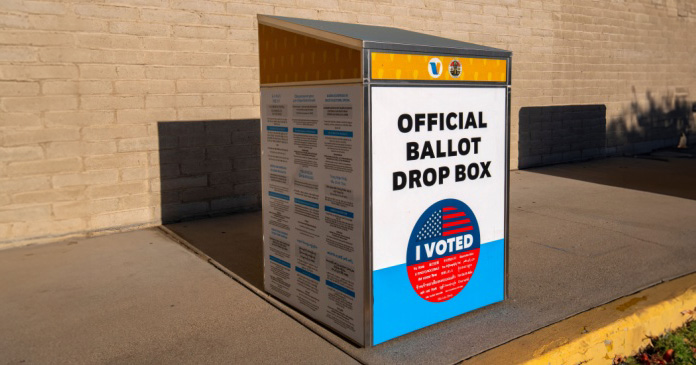In November, Californians will go to the polls for the third time in 6 years to decide whether to repeal the Costa Hawkins Act, which limits the ability of local governments to impose rent control. A recent poll shows no clear voter preference on the issue.
If at first you don’t succeed …
As in 2018 and 2020, Michael Weinstein and the AIDS Healthcare Foundation (AHF) sponsored a ballot measure this year to overturn Costa Hawkins through California’s initiative process. The 2024 effort is called the Justice for Renters Act and appears on the November ballot as Proposition 33.
California already has a statewide rent control measure in place. AB 1482, passed in 2019 and signed into law by Governor Gavin Newsom, caps rent increases for certain rental properties at 5 percent plus the rate of inflation. However, the measure does not apply to properties less than 15 years old and is scheduled to sunset in 2030. Supporters of Prop 33 seek to allow local jurisdictions to impose stricter control, like that in St. Paul, Minn., that set a strict 3 percent cap on rent increases. That ordinance was later modified.
The undecided will decide
The latest U.C. Berkely IGS Poll indicates that voters are nearly evenly split on Prop 33. The most recent poll, released October 4, showed that the portion of voters intending to vote Yes exceeded that of those intending to vote No by only 1 percentage point, with 27 percent of voters saying that they were undecided or declining to state.
| Overall | Voting Yes % | Voting no % | Undecided % |
| Likely voters | 37 | 36 | 27 |
| Party | Voting Yes % | Voting no % | Undecided % |
| Democrats | 50 | 21 | 29 |
| Republicans | 20 | 59 | 21 |
| No party preference/other | 32 | 38 | 30 |
While it may be disheartening to rental housing providers that the polling should be this close with the election only one month away, the results are remarkably similar to those seen in the runup to the referendum on Prop 21, the 2020 rent control initiative. In late September 2020, voters were evenly split with 37 percent supporting the initiative and 37 percent opposing. The portion saying they were undecided or declining to state was 26 percent. Proposition 21 was defeated with 59.9 percent of voters voting No.
Spending ramps up
CalMatters reports that spending on the present rent control fight has ramped up significantly from that in the battles over the earlier initiatives. As of mid-October, supporters of Prop 33 had raised $42.0 million in monetary and non-monetary contributions. Opponents had raised $92.3 million.
As Yield Pro reported earlier, “In 2108, supporters of rent control spent $27 million to pass their initiative while housing industry sources spent $75 million to defeat it, according to the California Secretary of State’s office. In 2020, supporters of rent control spent $36 million to pass Proposition 21 while opponents spent $84 million to defeat it.”
Both earlier initiatives failed with only about 40 percent voting Yes.
Who’s donating
The contributions in opposition to Prop 33 are coming primarily from housing industry groups. The California Apartment Association has contributed $56.3 million, or 61 percent, of the total. The California Association of Realtors has contributed $19.0 million, 21 percent of the total.
Contributions on the pro-Prop 33 side are even more lopsided. AHF has contributed $41.4 million, 98.6 percent of the total. AHF provided similar portions of the funding for the earlier rent control initiatives.
AHF is a nonprofit that provides AIDS drugs to people who suffer from that disease. AHF became interested in housing because AIDS sufferers were having difficulty finding places to live. Apparently, AHF generates enough surplus income from their drug business that they are able to fund these periodic attempts to change California state law around rent control. In response to AHF’s repeated efforts, housing interests are backing an initiative, Prop 34, that “(r)equires certain providers to spend 98% of revenues from federal discount prescription drug program on direct patient care.” If it passes, this initiative may choke off the funding for future attempts by AHF to overturn Costa Hawkins.













